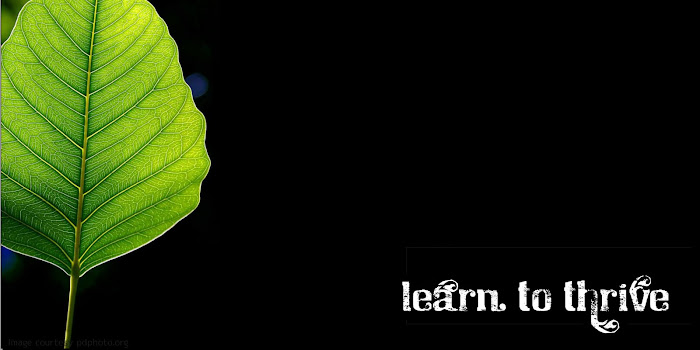
"Resistance is futile." - The Borg, Star Trek.
Many years ago, I was at war with myself and my circumstances. That's an idea I learned from Nathaniel Branden, a psychologist who has researched the attitudes of people who thrive. I felt like I'd come up against a brick wall - and I was pushing. I was relatively depressed, and I felt completely unable to change the landscape of my life, which I didn't want to accept. I'm going to share with you here one of the key realisations that helped me get out of that time. It's about acceptance.
Like plenty of other people, I used to think that the opposite of acceptance, which I'll call resistance or rejection, is important to 'get ahead in life'. If we just 'accept our fate', the idea goes, we'll be resigned to whatever badness is in the present. So we push against what we do not like, and wage war against ourselves and our circumstances. The problem is that such a struggle isn't very useful. It tends to foster negativity, and digs us more into the situations we don't like. Why? Well, there are many things that we just can't quickly change, and some things we can't change at all. If we chose to wage war with these things, we ruminate over them. They dominate our thoughts as we think about them again and again, wishing that things would were different. We think about all the reasons we don't like things the way they are, and we justify to ourselves our discontent with our past and our present. We regret our past decisions and feel a sense of loss from 'if-only' scenarios. We justify feeling bad, feeling sorry for ourselves, and getting no-where - and so we feel even worse.
When I was in that situation, I felt like many other people do that it was a bad idea to simply accept the way things are. I believed that my repulsion for things I didn't like about my life was what motivated me to change things for the better. As I explained in my previous post, though, the negative emotions that mindset fostered actually demotivated me. They narrowed my mind and undermined my resources to actually change. But if I was to give up my attitude, what was the alternative?
Now I know. The alternative is to chose to not wage war, to lay down our psychological weapons, and learn to work with the way things are. It's actually OK to be at peace with them, even to feel positive emotions, despite them not being as we would prefer. Positive emotions won't make things any worse, and in fact will help you much more to improve things. That's the subtle trick about acceptance. Acceptance is not about liking the way things are, it's about choosing to be fully aware the reality of the situation, and choosing to do what you can with it. As Nathaniel Branden notes, it's basically about awareness. You don't have to like the situation, but you can chose how you engage with it, and to do that effectively you have to be aware of how things really are.
Accepting how things are means we can engage with them positively. We can do that much more effectively when we aren't trying to hide from reality, but instead stare it in the eyes and see it for what it is. In my case, I faced the fact that I was depressed. I didn't like it, but I accepted the reality of what was then my present situation. I realised that spending my energy on a mental war against my situation was not going to make things improve. I stopped mentally resisting the way things were, and decided to accept them so that I could starting doing something positive about them. Acceptance changes how we approach the present moment. The way we feel right now matters right now, but it isn't like to change our long-term circumstances. So, do we want to get bogged in negative thoughts about them, or look for ways to feel as good as we can despite our circumstances and to make the most of them? That's the choice between waging war and and acceptance.
Acceptance makes possible what I call mental kung-fu. Imagine that some enemy tries to punch you. If you shield yourself with your head in your arms you're still likely to get quite hurt. If you happen to know kung-fu, though, you can redirect the energy of their attack safely (and even use it against them). Getting punched with your head in your arms is the picture of someone who attempts to simply resist and push away the the adversities that life swings at us. The kung-fu master, though, is the picture of someone who accepts those adversities so that he can engage with them effectively, and ultimately master them. So acceptance is an important attitude, because it is a pre-requisite to effective mental kung-fu, which can increase both our resilience and our overall well-being. Resisting reality, as it turns out, is quite futile.
